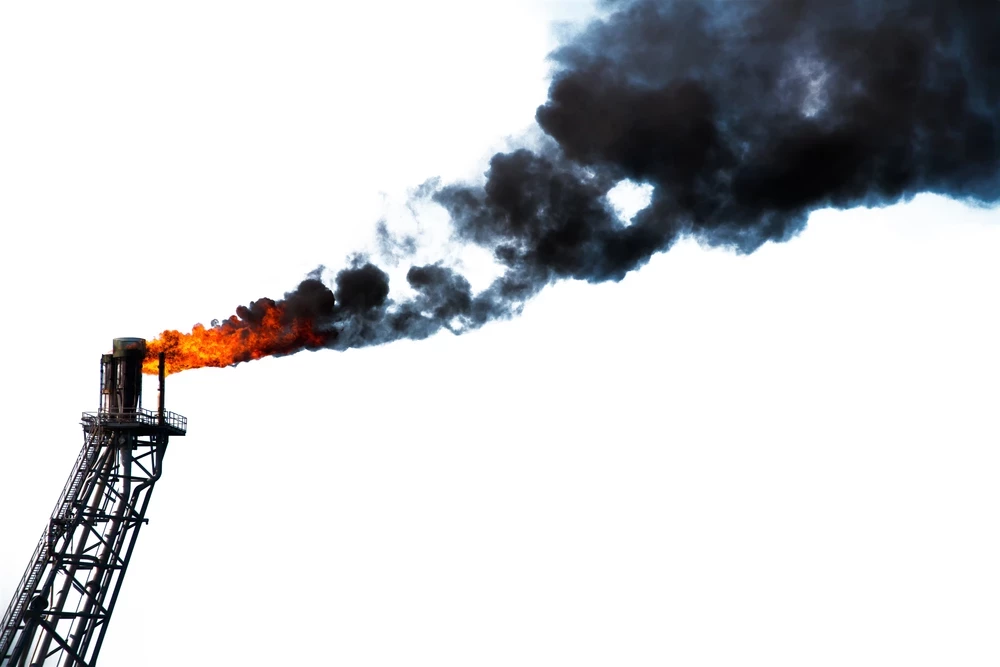Showcasing The KOC Approach To Produced Water: Not A Trivial Matter
Add bookmarkQ: Produced Water is not a new issue but neither is it a trivial one. What specifically has your company learnt over the last decade on the management of produced water?
Salman Al Qabandi:
We've really gone about tackling the issue in the following ways:
- Proper planning for the handling the produced water (effluent water)
- Utilizing the produced water for optimizing and enhancing oil production
- Proper forecasting of the producer water in the company strategy by upgrading/building the right facilities to handle expected water
- Ensuring that the handling of the water must be in a very environmentally conscious matter with zero disposals to pit
- An integrated team made up sub-surface and surface facilities is a must to handle all produced water in efficient manner
- The realisation that whatever you do sub-surface region will directly affect surface facilities and visa versa
Q. Kuwait Oil Company has been at the forefront of produced water management, in particular with its success in West Kuwait. Can you elaborate on what the single biggest challenge has been there and KOC’s approach to finding a solution for it?
Salman Al-Qabandi:
The single biggest challenge has really been coordinating across three teams with three different management structures in three different work environments to integrate all efforts to manage all water and utilise it in the right way.
Our solution was to create an integrated team with their own delineated roles and accountabilities, investing their roles with proper planning and better coordination of efforts so as to always have a contingency plan for any unexpected surprises.
Q. How exactly has the industry moved forward in terms of doing away with evaporation beds in favour of alternative methods of produced water disposal?
Salman Al-Qabandi:
We've come a long way and now use a variety of supplementary techniques such as:
- Locating disposal wells in unwanted/disused reservoirs
- After purification, waste water can be recycled for irrigation purposes
- Re-injecting the effluent into the oil reservoir for pressure maintenance
Q. In this new decade, what direction do you believe produced water management strategies and technologies should take?
Salman Al-Qabandi:
I believe it should be utilised first for operational uses, then for civil usage.
Q. The Annual Produced Water Management Summit series by IQPC bring together professionals in this sector to learn from each other and to hear international and regional experts.What do you think are the major questions they should come prepared with to help them in their roles for 2011-2012? Our expert speakers will answer them.
Salman Al-Qabandi:
- What are the latest techniques/ methods to handle produced water?
- What are the latest reliable technologies available to re-phase the produced water for other uses?
- What are the recommended chemicals to be used for the produced water in the operation system?
- What are the filtration techniques or produced water treatment used before re-injecting the water in the disposal wells/re-injection wells?
- What are the optimum flow line materials or designs to be used for transferring highly corrosive produced water?
- What are latest wells designs and materials to handle produced water?
- What is the contingency plan in case of mishap in produced water facilities?
[eventpdf]





















